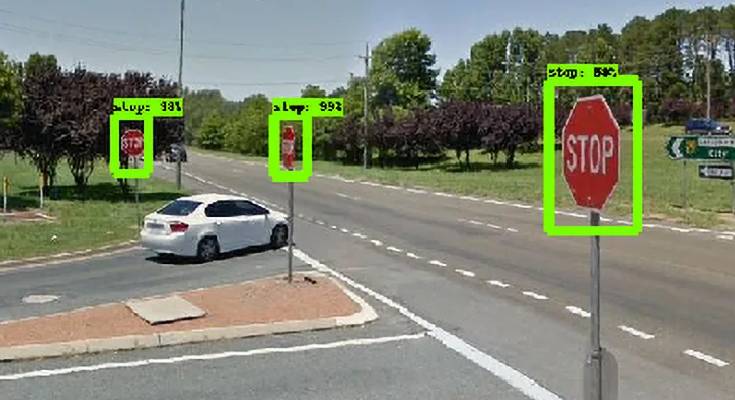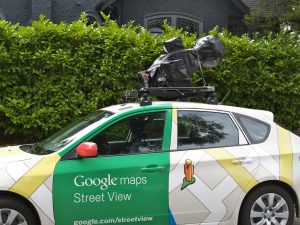
The USPTO (US Patent & Trademark Office) has granted and published Google’s trademark Street View with the registration number 4,382,267. Though this mapping service exists since 2007, the company filed for the trademark of Street View only five years later, which is June 2012 to be precise. If you are not aware of where you can go with this service, then you can take a look at the same to know that you can be your favorite destination virtually.
Well, Google filed the Street View trademark under two International Classes. The first one is International Class 039 that includes non-downloadable software to display geographic information, images of maps as well as mapped locations and interactive geographic maps. The other one, International Class 042 provides a website to display geographic information, images of maps as well as mapped locations and interactive geographic maps.Here – https://www.montreal360virtualtour.com/7-benefits-google-maps-street-view-business/ you can check out the benefits of google maps street view for your business.
 Basically, Street View will show 360-degree views of cities, towns, monuments, historical buildings and more. Though Google Street View lets you take a virtual tour of your favorite destination from where you are, there are many legal challenges involved with the same. In 2010, some critics claim that this service introduced by the mapping application is a mere invasion of privacy. Today, we have listed the legal challenges for trademark that Google Maps’ Street View has faced till date.
Basically, Street View will show 360-degree views of cities, towns, monuments, historical buildings and more. Though Google Street View lets you take a virtual tour of your favorite destination from where you are, there are many legal challenges involved with the same. In 2010, some critics claim that this service introduced by the mapping application is a mere invasion of privacy. Today, we have listed the legal challenges for trademark that Google Maps’ Street View has faced till date.
Lawsuits faced by Google Street View
Notably, Google faced several lawsuits from various people and groups and this kept its advocates occupied for a considerable period that year. It faced nearly 60 lawsuits related to Street View from across the world of which almost half were criminal investigations. It faced 28 actions against the service of which 11 were from the US. To be precise, Google has faced bans and threatened bans in 23 countries.
Actions boil down to the right to privacy
Some lawsuits and litigations are related to the mapping service capturing pictures of their home and making the same public. On the other hand, some others take offense over the inadvertent collection of personal data. Basically, all these actions boil down to the right to privacy of individuals and are related to information that is made accessible publicly.
For instance, Aaron and Christine Boring from Franklin Park in Pittsburgh claimed that Street View captured photos of their home despite the signs on their driveway indicating that it is a private property. They sued the company for $25,000 and demanded that the photos of their house are removed from Google databases. And, a Pennsylvania district court found Street View car trespassing their private driveway to photograph the house and ruled in their favor. Following the same, residents in Humboldt County in California got Google remove photos of their homes captured by the Google Street View cars.
Some lawsuits against Street View that were dismissed include the activities wherein the service captures photos of private homes, car license plates and people’s faces and making them private. The service lets anyone see the same and zoom in to it.
What Google has to say?
Well, Google argues that since the introduction of Street View in 2007, this mapping service is not violating any privacy-related laws and that many images that people demand to be removed can be found on the internet and other sites. For instance, it claims that the house of the Boring couple is found on the Office of Property Assessments in Allegheny County. Moreover, in response to the complaint filed by the Boring couple, the search engine giant stated that complete privacy is not possible in the current era that uses satellite-image technology.
stated that complete privacy is not possible in the current era that uses satellite-image technology.
Google admitted to have collected data
Following these, in 2010, Google Street View faced legal issues related to the invasion of privacy. It admitted that the service was using data-collecting cars that captured photographs of streets and had been recording private information of residents in the process by getting unencrypted Wi-Fi data such as MAC addresses (unique number of Wi-Fi routers) and SSID information (name of the Wi-Fi network). The company stated that this was unintentional and promised to delete the sensitive information.
To conclude, there is no conclusion to the legality of Street View. The answer to this ambiguous question is “it depends” and no one can come with a justification to the same.




